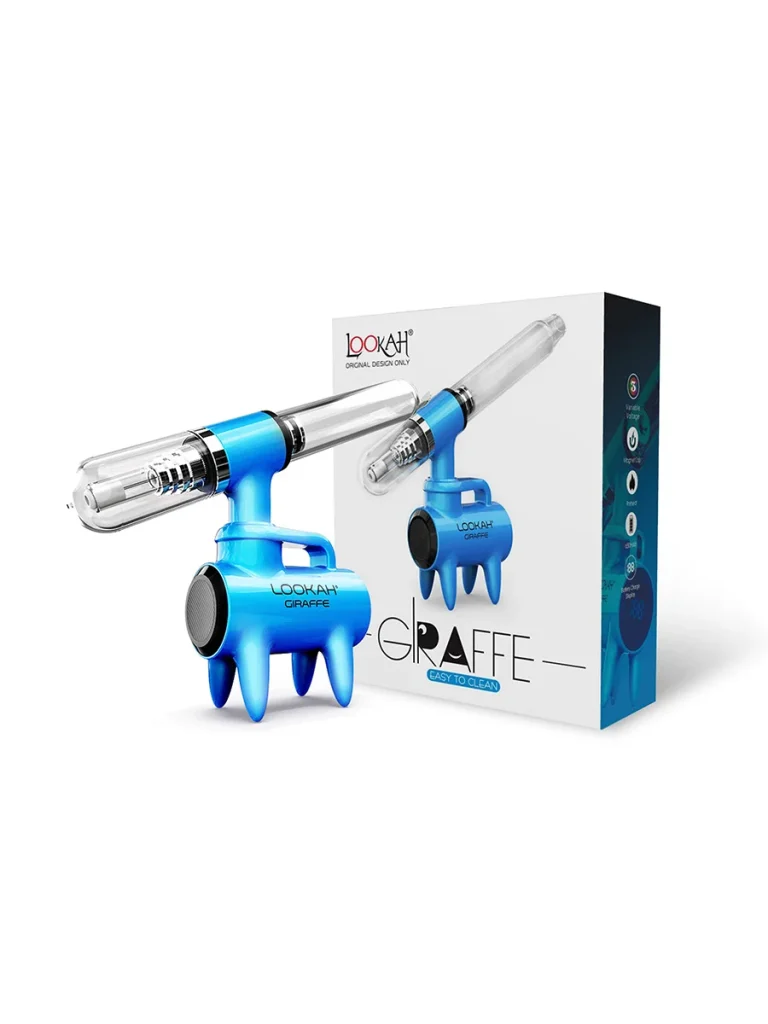
Introduction to Injectable Weight Loss
In a world where rapid lifestyle changes have led to a notable increase in obesity rates, innovative weight management solutions have become more crucial than ever. Injectable Weight Loss has emerged as one of the most talked-about methods in the quest for effective weight management. This article aims to explore in-depth what injectable weight loss entails, how it functions, who it is best suited for, and the broader implications for health and wellness.
What is Injectable Weight Loss?
Injectable weight loss refers to medications or treatments that are administered via injection to assist individuals in losing weight. These medications typically work by mimicking hormones in the body that regulate appetite, food intake, and metabolism. Notably, the injectable options have expanded significantly, relying on scientifically backed compounds to address the complexities of obesity. Unlike traditional weight loss supplements, these injections necessitate a prescription and are usually monitored by healthcare professionals, highlighting their clinical nature.
Who is an Ideal Candidate?
The ideal candidate for injectable weight loss therapies often includes individuals with a Body Mass Index (BMI) of 30 or higher, as well as those with a BMI of 27 or greater who present weight-related health issues, such as diabetes, hypertension, or sleep apnea. It is crucial for potential candidates to have deliberated over lifestyle changes, such as diet and exercise, before considering injectable options. Healthcare professionals play an essential role in assessing each candidate’s medical history, lifestyle factors, and willingness to engage in a comprehensive weight management plan.
Overview of Weight Loss Injections
There are several types of injectable weight loss medications, including those from the glucagon-like peptide-1 (GLP-1) class, such as semaglutide, and those that have different mechanisms of action. These injectables are often administered weekly or daily, depending on the specific medication. Their effectiveness can vary based on individual factors, dosage, and adherence to recommended dietary and lifestyle changes. The integration of injectable medications into a broader weight management plan is critical for achieving long-term success.
How Injectable Weight Loss Works
Mechanism of Action
Understanding the mechanism of action behind injectable weight loss is essential to appreciate how these medications contribute to fat loss and appetite regulation. The most prominent injectable medications work primarily by mimicking GLP-1, a hormone that plays a vital role in insulin regulation and appetite suppression. These medications enhance satiety, thereby reducing food intake. By doing so, they help individuals develop greater control over their cravings and food choices while also promoting better blood sugar levels.
Expected Results and Milestones
Patients undergoing injectable weight loss treatments can generally expect to see significant weight loss over a 6 to 12 month period. Studies have shown that individuals can lose anywhere from 5% to 15% of their total body weight within this timeframe. However, personal results can vary based on factors such as individual metabolism, lifestyle changes, and the specific medication used. Milestones often include consistent weight loss, improved energy levels, and better management of related health concerns, such as cholesterol and blood sugar levels.
Common Myths Debunked
Despite the growing popularity of injectable weight loss medications, several myths persist. One common misconception is that these injections are a ‘quick fix’ for weight issues. In reality, effective weight management requires commitment to lifestyle changes alongside medication. Another myth is that any weight loss is sustainable without ongoing behavioral support; in truth, maintenance of weight loss is often challenging without continued self-monitoring and engagement with healthcare providers. Addressing these misconceptions is crucial for setting realistic expectations among potential users.
Benefits and Risks of Injectable Weight Loss
Health Benefits Beyond Weight Loss
Injectable weight loss treatments offer multiple health benefits that extend far beyond mere weight reduction. For many, achieving significant weight loss can lead to improved mobility, increased energy levels, and a decrease in obesity-related complications. Numerous studies also support the potential for improvement in conditions such as type 2 diabetes, high blood pressure, and metabolic syndrome. Furthermore, many patients report enhanced emotional well-being and self-esteem, which can contribute to a more active and fulfilling lifestyle.
Risks and Side Effects
While injectable weight loss medications can be immensely beneficial, they carry potential risks and side effects. Common side effects include nausea, vomiting, diarrhea, and constipation, particularly in the early stages of treatment. Serious, albeit rare, side effects can involve pancreatitis or a potential increase in heart rate. It’s essential for individuals to discuss these risks in detail with healthcare providers before starting treatment to ensure they are fully informed and prepared for possible outcomes.
Comparing Injectable Weight Loss Methods
Different injectable weight loss medications vary in their mechanisms of action, dosing schedules, and efficacy. It is essential to analyze these distinctions to find the best fit for each individual patient. For example, while one medication may require weekly injections and focus on appetite suppression, another may work primarily through metabolic enhancement. Analyzing patient-specific factors like health status, lifestyle, and preferences plays a critical role in the selection of the most effective and appropriate injectable weight loss option.
Integrating Injectable Weight Loss into Your Lifestyle
Diet and Exercise Considerations
Though injectable weight loss medications can significantly enhance weight loss efforts, they should not be treated as standalone solutions. Sustainable weight loss typically requires significant dietary and lifestyle adjustments. A balanced diet, rich in nutrients, combined with regular physical activity, is vital. Healthcare professionals can help devise a customized diet plan and exercise routine that works in tandem with injectable medication, increasing the likelihood of achieving weight loss goals.
Long-Term Maintenance Strategies
Once initial weight loss is achieved, the focus must shift to long-term maintenance. This phase is crucial as many individuals may regain weight after stopping their medication if they do not implement sustainable lifestyle changes. Strategies may include ongoing dietary education, regular physical activity, and continued monitoring of progress with healthcare providers. Behavioral changes that become habitual and mindful eating practices can significantly enhance long-term weight management success.
Patient Testimonials
Real-world success stories can provide valuable insights into the journey of those who have pursued injectable weight loss. Many patients report life-changing experiences, ranging from increased confidence to improved health markers. These testimonials can serve as motivations, allowing potential users to understand the realistic potential outcomes while also highlighting the dedication required to achieve and maintain weight loss.
Conclusion and Next Steps for Injectable Weight Loss
Consultation and Professional Support
Looking ahead, anyone considering injectable weight loss should seek a thorough consultation with a healthcare provider who specializes in weight management. This initial step is crucial in determining the appropriateness of such treatments based on individual health profiles, medical history, and personal goals. Professional guidance ensures that this weight loss method is undertaken safely and effectively.
Final Thoughts on Injectable Weight Loss
Injectable weight loss presents a promising avenue for individuals struggling with obesity and weight-related health concerns. It serves as an adjunct to lifestyle changes rather than a replacement. Understanding the nature of these medications, along with their benefits and associated risks, empowers individuals to make informed decisions regarding their health and wellness journey.
Resources for Further Information
To acquire additional insights and the latest updates on injectable weight loss and weight management, individuals are encouraged to consult reputable health websites, speak to healthcare professionals, and explore scientific literature on the topic. Being knowledgeable about the options available allows for better decision-making and can ultimately lead to successful long-term weight management.




